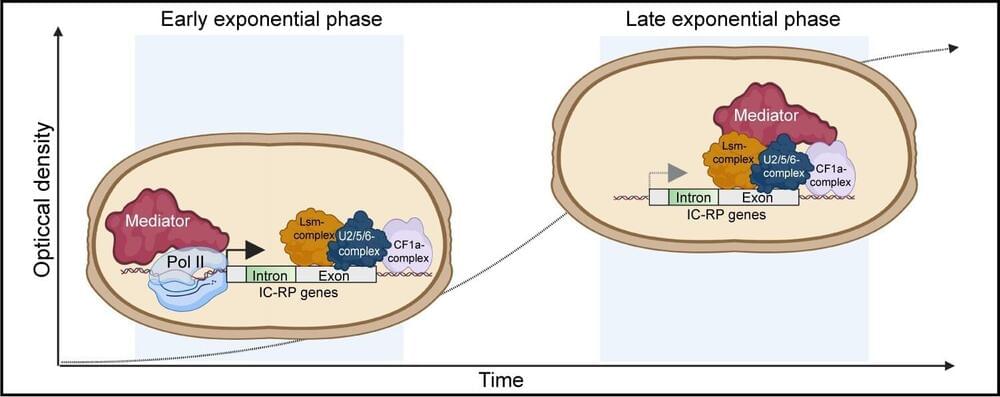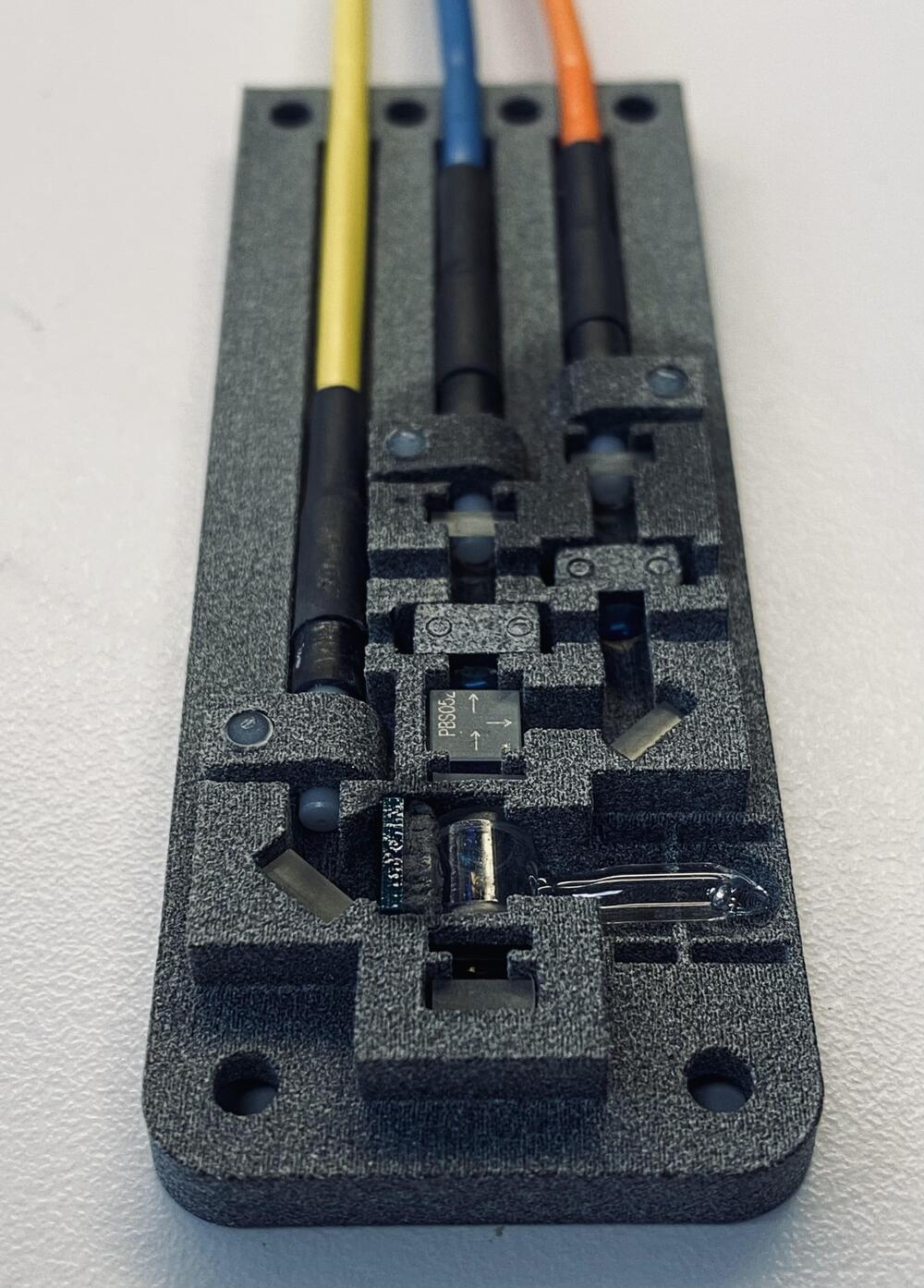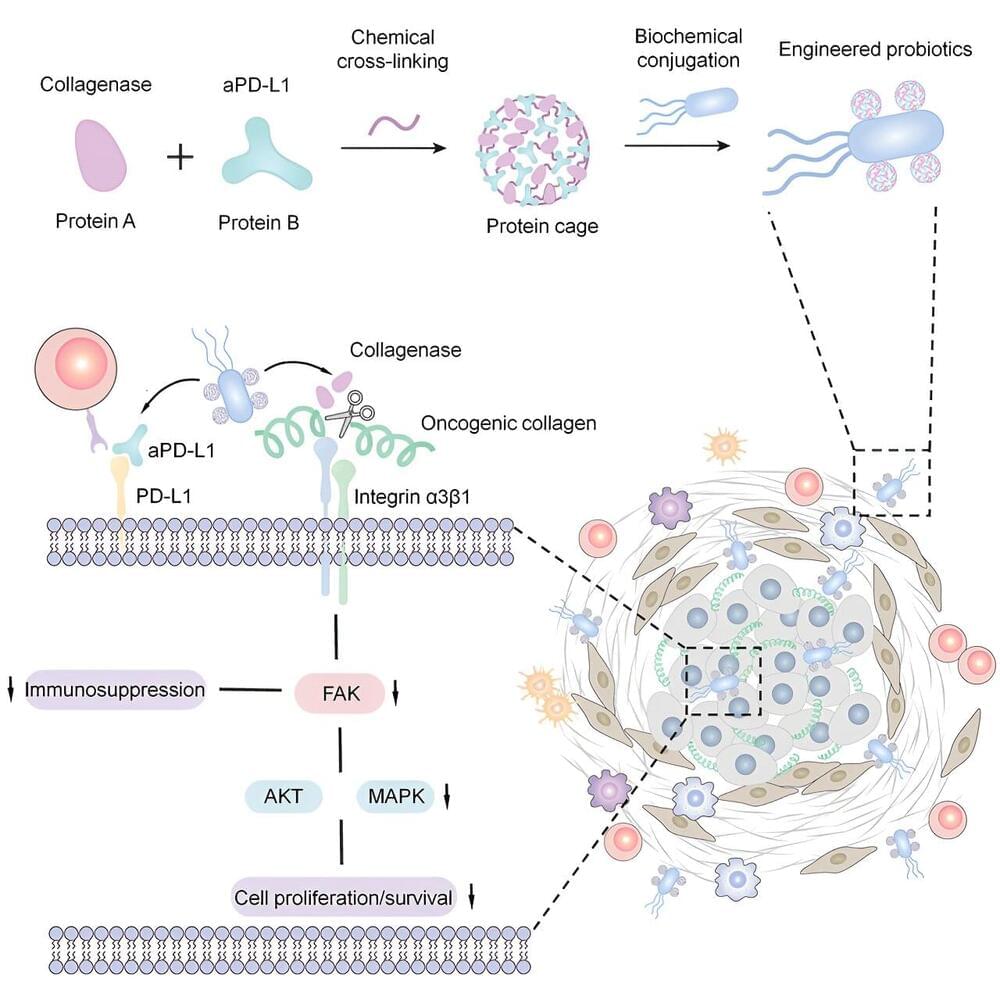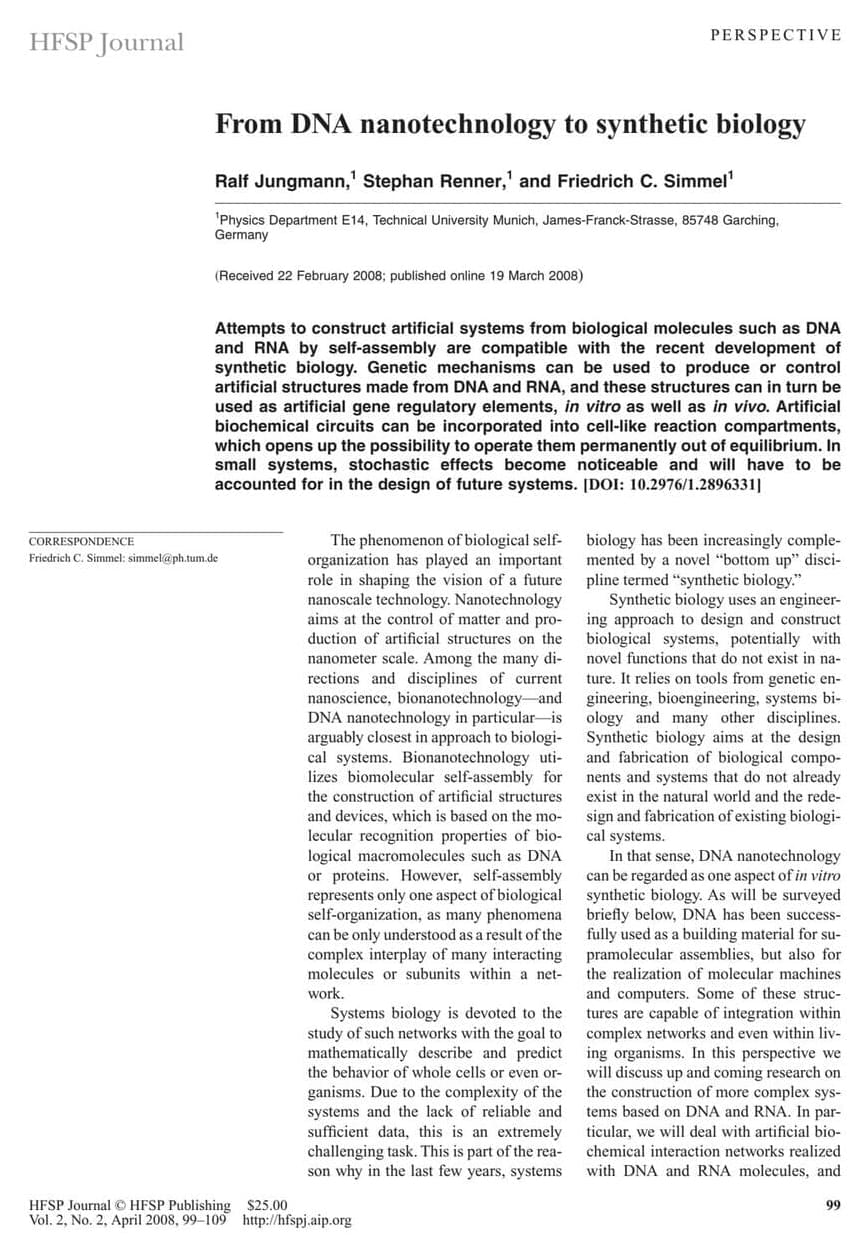The following is a summary of “Comparative Effectiveness of Partial Gland Cryoablation Versus Robotic Radical Prostatectomy for Cancer Control,” published in the April 2024 issue of Urology by Zhu et al.
In this study, researchers address the notable gap in high-level evidence comparing oncologic endpoints for partial gland ablation, where most existing series rely on prostate-specific antigen (PSA) rather than biopsy endpoints. The objective was to conduct a comprehensive comparison of oncologic outcomes between partial gland cryoablation (PGC) and radical prostatectomy (RP) for the management of prostate cancer.
Through a retrospective, single-center analysis, investigators examined a cohort of subjects treated with either PGC (n = 98) or RP (n = 536) as primary treatment for intermediate-risk (Gleason grade group [GG] 2–3) prostate cancer between January 2017 and December 2022. Key oncologic endpoints included surveillance biopsies per protocol after PGC and serial PSA testing after RP. The primary outcome of interest was treatment failure, which is defined as the necessity for salvage treatment or metastatic disease development. The study group conducted treatment failure and survival analyses using Cox proportional-hazard regression and Kaplan-Meier survival curves. After carefully applying inclusion/exclusion criteria, they compared the PGC (n = 75) and RP (n = 298) groups.









